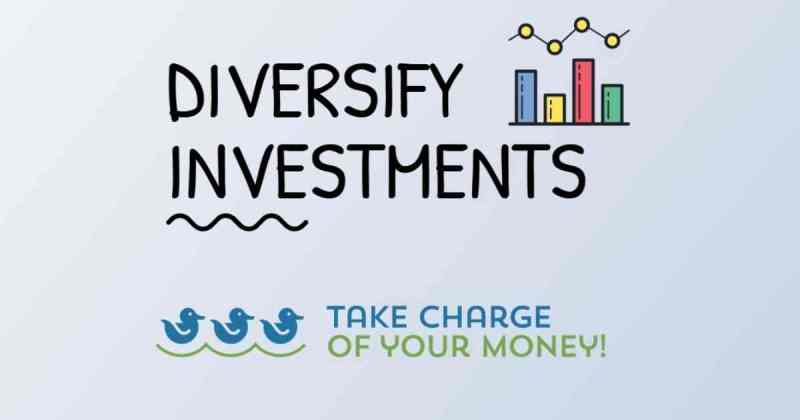Investment lingo can often be complicated and leave you feeling confused and unsure of what to do. Let’s look at what it means to diversify your investments, and why it’s so important.
First published in City Press
We’ll use farming as an analogy to explain the concept and take Mr Farmer as an example. He has ample land to use and decides to plant only wheat. There are great profits to be made but the risk is quite high. Adverse weather conditions, insects or wheat-related disease could wipe out the entire crop. Or perhaps the wheat market changes in a particular year and Mr Farmer struggles to sell his produce for a good price.
However, if Mr Farmer uses 50% of his land for wheat and the remaining land for a different grain he will essentially be reducing his risk. If one crop fails, at least there is the other to fall back on.
One could however diversify investments even further by allocating some land to grains and pulses, some to vegetables, perhaps some fruit and maybe even livestock. The more ways you utilise your land, the better chances you have of succeeding over the long term and reaping reward.
Drought, disease and natural disasters will have greater effect on some aspects of the farm than on others and things will even out. The tomatoes may die but the excess spinach can be sold for profit.
Taking this even further though, farming itself is rather risky so it would be even better if Mr Farmer also had other investments. One can diversity within your chosen asset class (such as agriculture) and one can diversify across asset classes and have investments in property, shares, precious metals, etc.
Diversification is all about spreading your bets and lowering your risk.
If we look specifically at shares, the same principle applies. You may put all your money into a high performing company and make great returns each year. We don’t however know the inside dealings of companies and thus don’t necessity understand the risk. Take the recent downfall of Steinhoff as an example. Had you placed all your investment in those shares you would be in a very poor position now.
A better way to invest is to spread your money across multiple companies and across multiple industries. You won’t take such a big knock when an individual company performs poorly as others in your portfolio may be doing well. You will essentially get the average growth of all the companies you are invested in.
It’s not that hard and you could create your own investment strategy and decide how to allocated your investment across companies. This is simply a guessing game though unless you have a strong financial background. It’s not easy to research and monitor 20 or 30 companies to keep track of annual reports and dealings.
Other options to diversify your portfolio would be to use a standard product created by a financial institution. Most investment companies offer a Balanced Portfolio product which comprises different assets classes (shares and cash) across multiple companies and sectors. They all offer a multitude of products to choose from. Such managed products allow you to piggy-back off the expertise of fund managers. You do unfortunately pay relatively pay high fees for this and it’s definitely worth comparing costs before committing to any product.
ETF’s
Exchange Traded Funds (ETFs) are a much cheaper way to invest in a basket of shares. These are often labelled as “passive investing” as they require little management and fund managers can therefor charge significantly lower fees.
An ETF could for example track the Top 40 Index. This is a weighted average of the Top 40 companies listed on the Johannesburg Stock Exchange (JSE). If you invest in an ETF you aren’t actually buying shares in each of the 40 companies, you’re buying a product that mimics the performance of the Top 40 index. It may sound strange but it’s cheaper than actually buy shares in all the individual companies, and obviously a lot less admin. Each trade you make incurs a cost and thus the fewer trades you make (and the fewer made on your behalf), the less it costs you.
Having all your eggs in one basket is risky business. Whatever your preferred asset class, country, or industry; you should make sure to spread your investments.
Take a look at my ETF passive investment strategy.


